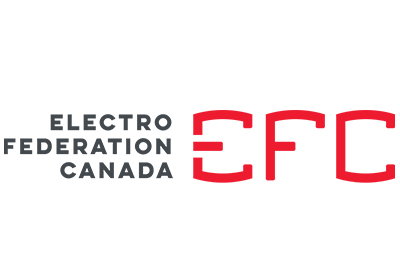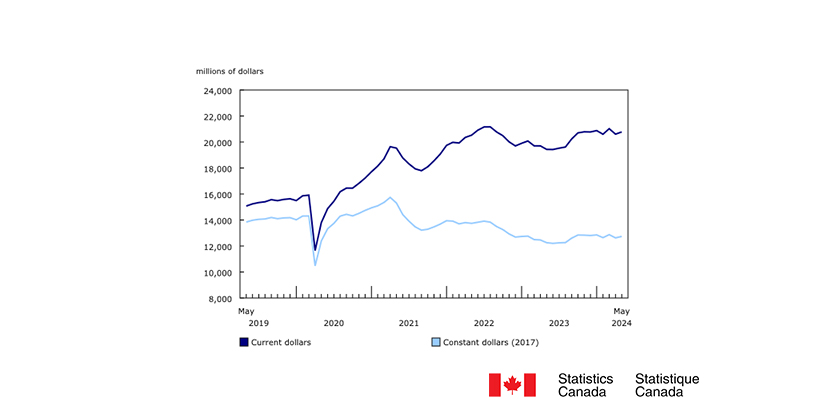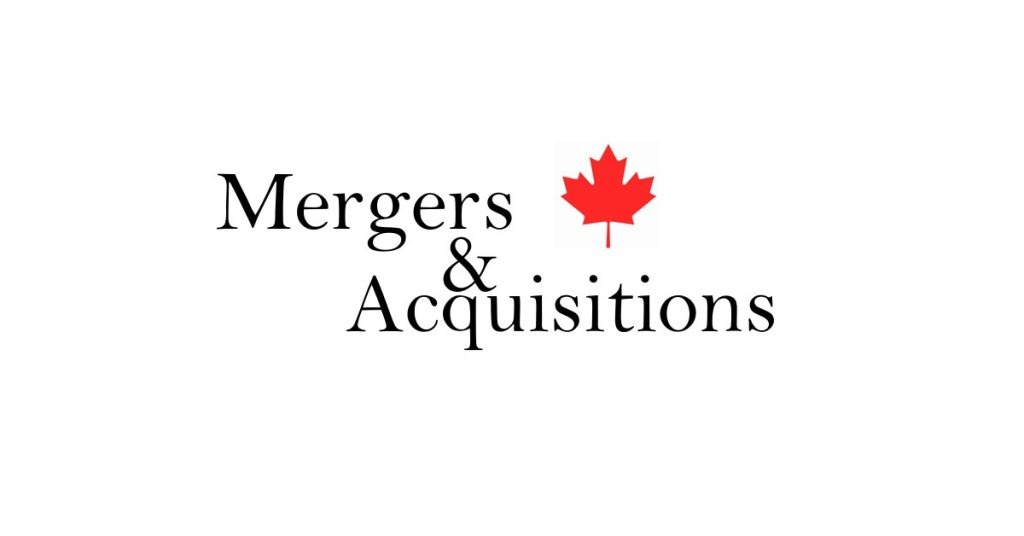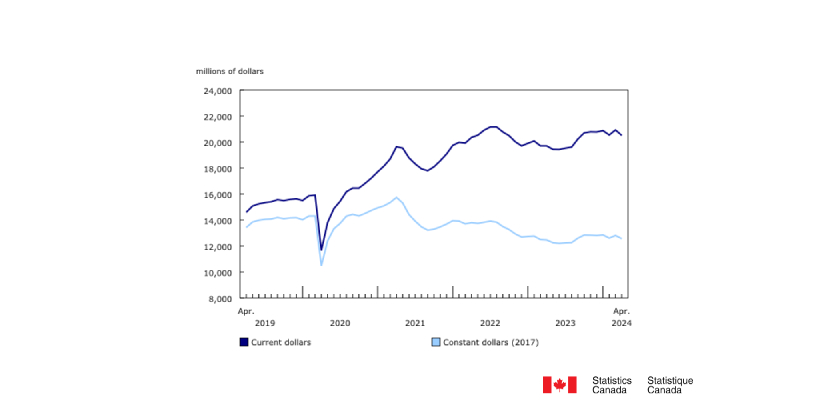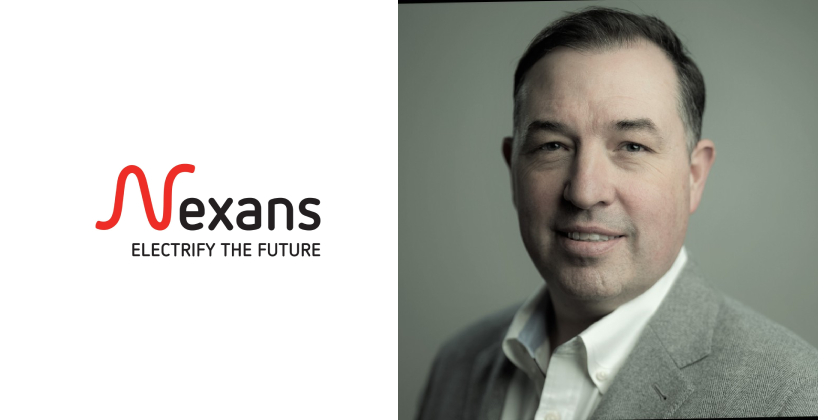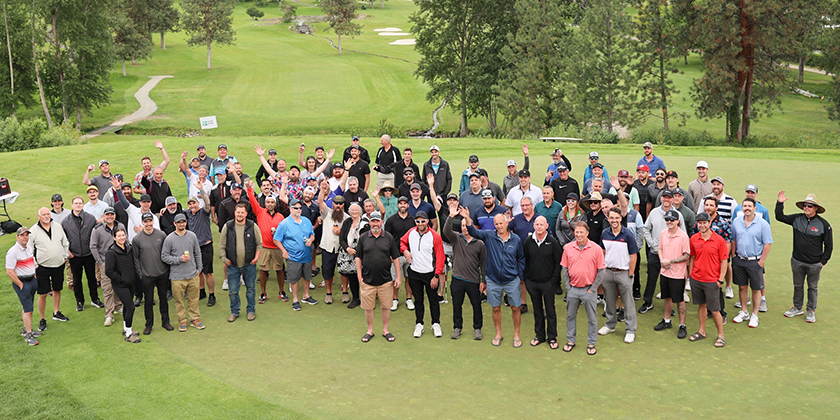ESA License Holder General Q&A

March 23, 2023
By Blake Marchand
This article is based on ESA’s general Q&A with submitted questions from LECs as part of their Annual General Meeting which was held in November 2022. This is separate from the technical Q&A, you can find our article on that portion of the event HERE.
Soussana Karas, Cynthia Magill, Serge Laflamme, and Will Barrett of ESA each provided responses to questions submitted by electricians ahead of time.
There is some useful information that came out of it relating to risk based oversight, ESA’s Master Electrician competency program, underground work, how to access your defect ratio, and pulling permits for small jobs.
You can send questions to the ESA year-round by emailing: licensingmatters@electricalsafety.on.ca. They are frequently monitoring the email and responding to contractor questions.
Will Master Electricians require a continuing education credit?
The continuing education plan is being reviewed by the ministry of education.
Karas said they will give Master Electricians time to transition if that is the direction the government goes.
Would you consider a special class of license fee for retired contractors so they can stay in the industry? Have you considered setting renewal fees to last 2-3 years instead of one year?
Renewals are currently set up on an annual basis. The fee covers one year whether you had electrical business installations during that time or not.
“We have heard from the industry with respect to different classes of licenses, for different types of license holders. At this point we don’t have plans to introduce this but we will look into this again and consult the relevant stakeholders. Obviously, this would require change in the legislation,” said Karas.
The licensing fees to enter the trade and renew have not been changed since 2013.
“Despite inflation and investing in digital technology such as ME (Master Electrician) Portal which is now live, virtual exams which are now open, ESA fees remain unchanged for the last nine years. With input from our stakeholders, we’re looking at our fee structure and this includes our licensing fees, so more on that in the future,” she explained.
How will you use the Master competency profile to target incompetent Master Electricians?
“The way we plan to use competencies from the profile is to educate, motivate, and direct Master Electricians so they can learn or improve the skills and competencies that are highlighted in the profile. We want to use specific examples from the profile and we’re going to intentionally use it to work with Master Electricians who may lag in specific areas.”
Why are homeowners still allowed to take out permits and allow someone else to do the work? Why are homeowners allowed to pull a permit for service upgrade? And why is there policy for landlords with no experience to pull permits?
“ESA does not create the legislation, we administer it as it’s written,” explained Cynthia Magill of ESA. “Currently homeowners are exempt from the licensing regulation but not the notification requirements, this allows the homeowners to perform electrical alterations within their home, but they are not permitted to allow others to work under their notification. So, if a building owner, similar to a homeowner, hires a company to do electrical work, it should be a licensed electrical contractor. So, please, if you suspect unlicensed work, please let us know by using our anonymous online reporting tool that’s on our website.”
Why are solar installers not required to be licensed electrical contractors?
There is a portion of the work that is exempt from the licensing, but it is very limited in scope and any field connections or modifications must be completed by a LEC.
What real action is being taken on enforcement of underground work? What penalties are being put in place? Why are unlicensed contractors doing work through Kijiji?
Through the regulatory compliance program, ESA undertakes a variety of pilots and programs that target the underground economy.
They established a Kijiji partnership in 2019, if an ad poster that is unlicensed continues to advertise services after being issued two notices of violations, it is escalated to Kijiji for removal. 125 investigations have been conducted.
ESA is now able to administer AMPs (administrative monetary penalties), another enforcement tool to deter the underground economy. This will be effective April 1st, ESA recently announced.
Why are specialty electrical supplies available to purchase by the general public?
“We have heard this concern from our stakeholders, unfortunately in order for us to enforce this there has to be a change at the legislative level. Currently there is no regulation for electrical supply companies to restrict who they sell their products to.”
Encouraging the youth to enter the electrical trade…
When it comes to encouraging the youth to enter the electrical trade, ESA will do presentations at high schools, although promoting the trade to younger generations is not their primary mandate. They also engage with the College of Trades and have supported initiatives at various colleges.
Defect ratio…
You can access your defect ratio at any time through ESA’s online services or by calling customer service.
Pulling permits for small jobs…
Start with the fee guide that defines what a small job is. For residential or apartment unit a small job is considered anything under 10 outlets or devices. For commercial, industrial, agriculture, or apartment common areas its up to 20 non-classified outlets or devices.
Outlets and devices are defined in the fee guide.
A rough-in inspection is not required for small jobs.
A notification of work for a small job can be filed online or through customer service.
Why have my RBO privileges been taken away?
“ESA will visit more of your work if we have information that there is an increased risk. For specific programs like permanent generator and for pre-authorized connections, we have a volume and defect ratio limit. For example, five residential service repair or upgrade installations done by an electrical contractor in the last 12-months and a less than or equal to 10% defect ratio,” explained ESA’s Will Barrett.
The best way to maintain program and pre-authorized benefits is to ensure you do code compliant work.
The RBO guidebook can be found on the ESA website.
Cost list for 2023 permits…
Starting in October 2022, wiring fees have increased overall by 2%. This is the first fee increase initiated by ESA since 2016.







